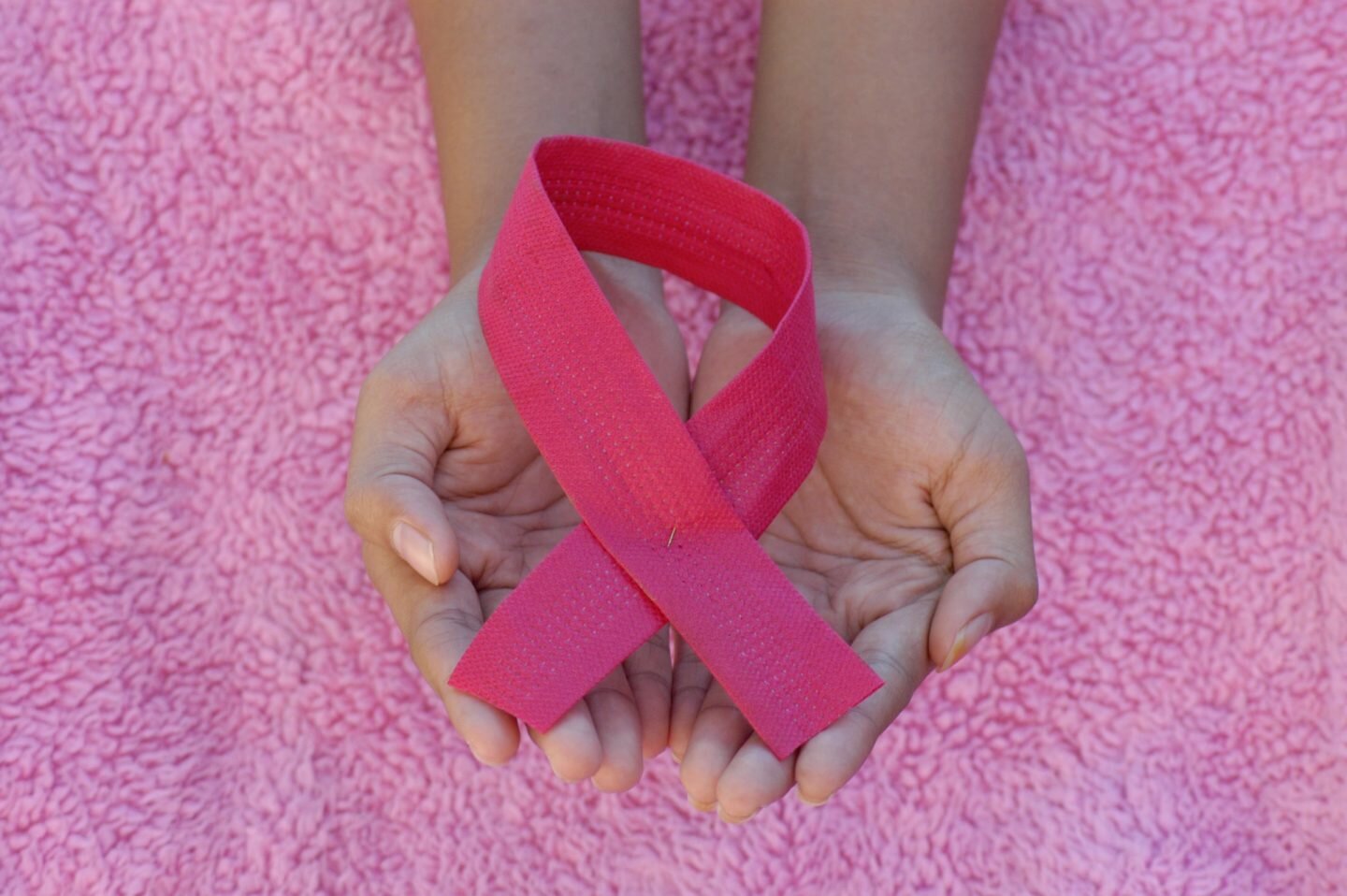When Linda Tam was diagnosed with breast cancer in 2007, she did not cry. Instead, she recalls her unconventional reaction to the possibility that she might lose a breast. “The surgeon told me they might have to remove a breast during surgery — but not to worry, as the medical team would reconstruct it immediately within the same operation,” says Tam.
The vivacious, straight-talking 60-year-old adds, “Should the need arise, they would do so by taking fat from my stomach, and I thought, ‘What a good deal!’ In a single surgery, I would get my breasts enhanced, a flat stomach, and best of all, regain my health.”
Now in her eighth year of remission, Tam eventually underwent a lumpectomy to remove the tumour so she did not have to go through reconstruction surgery. But for her, the access she had to essential information to understand the various treatment procedures empowered her to stay mentally resilient as she battled the disease.
“The bottom line is knowing that early detection saves your life,” says Tam, who is now a vocal advocate for breast cancer awareness. The statistics speak for themselves: Although breast cancer is a leading cause of death among women in Singapore, with 2,180 deaths from 2013 to 2017, the chances of survival stand at 90 percent for those diagnosed at stage 1.
“Should you be diagnosed, do make the effort to understand the course of treatment. I was only 49 then and I wanted to see my daughter go to university and get married, so I made sure I did all my due diligence. It is like going in for an examination when you are prepared and you know how to answer the questions,” she says.
Her “preparation” began when she started volunteering at the Breast Cancer Foundation in 2005. “I was a volunteer on the phone and would tell women to get their mammograms done. So I felt I should practice what I preach and do that too. On my third mammogram, in 2007, a lump was discovered and I was diagnosed with early stage breast cancer.”
She drew strength from her interactions with other patients and survivors she met while volunteering at BCF. “I’ve seen so many women walking in and out of the foundation and you wouldn’t know they had cancer. Some of them even participate in sports such as dragon boating, which requires immense strength. These women are my heroes.”
Still, her recovery process, especially during chemotherapy, was not without its downs. The side effects she suffered from the treatment included hair loss, vomiting, body aches and increased irritability. The physical, emotional and financial stress took its toll on her and affected her husband and daughter too, she recalls, but she is grateful for their understanding through her ordeal.
She says, “On days when I was in a good mood, I would apologise to them, especially my husband, in advance. I’d say, ‘I’m really sorry if I say ugly things that I can’t take back, so if you get angry and want to leave me, please remember that I have already apologised.’”
Her voice softening, she says, “Having that strong family support was essential. Today, I love my husband more than ever, and sometimes I joke that he treated me extremely well for that one year and I am taking a lifetime to repay him.”
Gaining this new lease on life has transformed Tam in other ways too, in particular inspiring her to live life with a YOLO (you only live once) attitude. While she says she was once more reserved, she now approaches everything she does with gusto. “If I see someone at a bus stop who I think could use a conversation, I am now the person who will go talk to them,” she says.
In the wake of her recovery, she discovered a passion for Latin dancing and salsa and also goes for Zumba and yoga classes at least three times a week to keep fit. “I dance with my feelings and I dance to make myself happy.”
She also continues to be actively involved in BCF’s various outreach activities as a sub-committee member of its Programmes, Support & Volunteer Management Department, where she befriends newly diagnosed patients and helps with phone counselling and hospital visits. She also helped launch a regular Zumba class for breast cancer survivors, assists with a wig-loan programme, and gives make-up tutorials to cancer survivors.
Most of all, she has made it her purpose in life to demystify the misconceptions around breast cancer and to encourage women to take charge of their health, through breast self-examinations and regular mammogram screenings, when she conducts awareness talks.
She says, “What I want to share with people is that having cancer is not a life sentence. It is not frightening, so do not worry if you have to go for treatment. You can be cured.”


